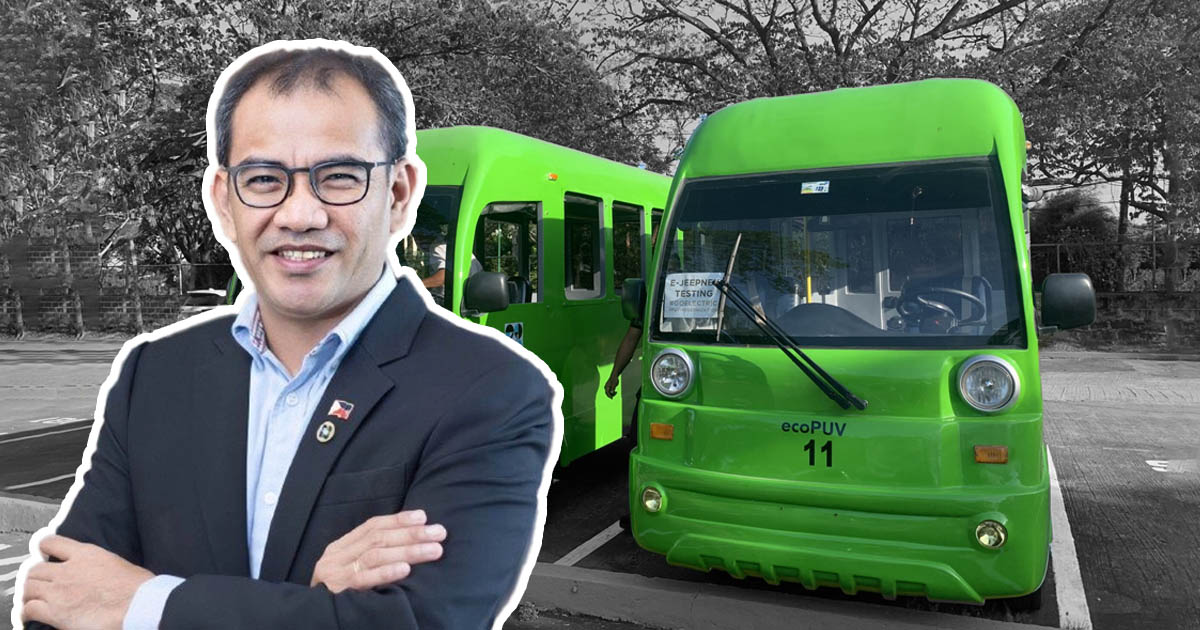With the public utility vehicle modernization program (PUVMP) signaling the impending retirement of the traditional jeepney, the Department of Science and Technology (DOST) urged the public to look into electricity and liquefied petroleum gas (LPG) powered public utility jeepneys as viable alternatives. According to the DOST, these types of jeepneys will help support sustainable transport fuel diversification.
DOST Philippine Council for Industry, Energy and Emerging Technology Research and Development (DOST-PCIEERD) Executive Director Dr. Enrico Paringit announced this as the government moved the deadline for the jeepney phaseout to the end of the year. Dr. Paringit added that these alternatives are available for licensing from the researchers and can be utilized by the Filipino people.

The prototype presented by DOST is an SSP-compliant 23-seat electric jeepney prototype developed in partnership with the Electric Vehicle Association of the Philippines (EVAP). This e-jeepney runs on a lithium-ion battery that produces no emissions and produces no noise pollution.

The e-jeepney has a claimed range of 55 km on a single charge and includes a dashboard panel that has a button to open and close the side door, an emergency button that disables the vehicle and the standard LED display that shows the vehicle’s speed and remaining range. The body of the e-jeepney is constructed using non-metallic body materials that are excellent insulators with high resistance to corrosion and chemicals.
Meanwhile, the LPG-powered jeepney was developed by the University of the Philippines National Center for Transportation Studies. The 18-seater jeepney features seat partitions distributed and easy access PUV stop buttons, a rear emergency exit door, digital route signage, a cashless payment system, a Closed-circuit television camera system, and a dashcam. Ensuring passenger safety and convenience.
On top of those features, the LPG-powered jeepney includes a ramp that can be used to support persons with disabilities (PWDs) in boarding and exiting.

As the Philippines strives to reduce the environmental impact of PUVs, the introduction of sustainable alternatives such as battery-powered and liquefied gas-powered jeepneys could also contribute to fuel diversification.







